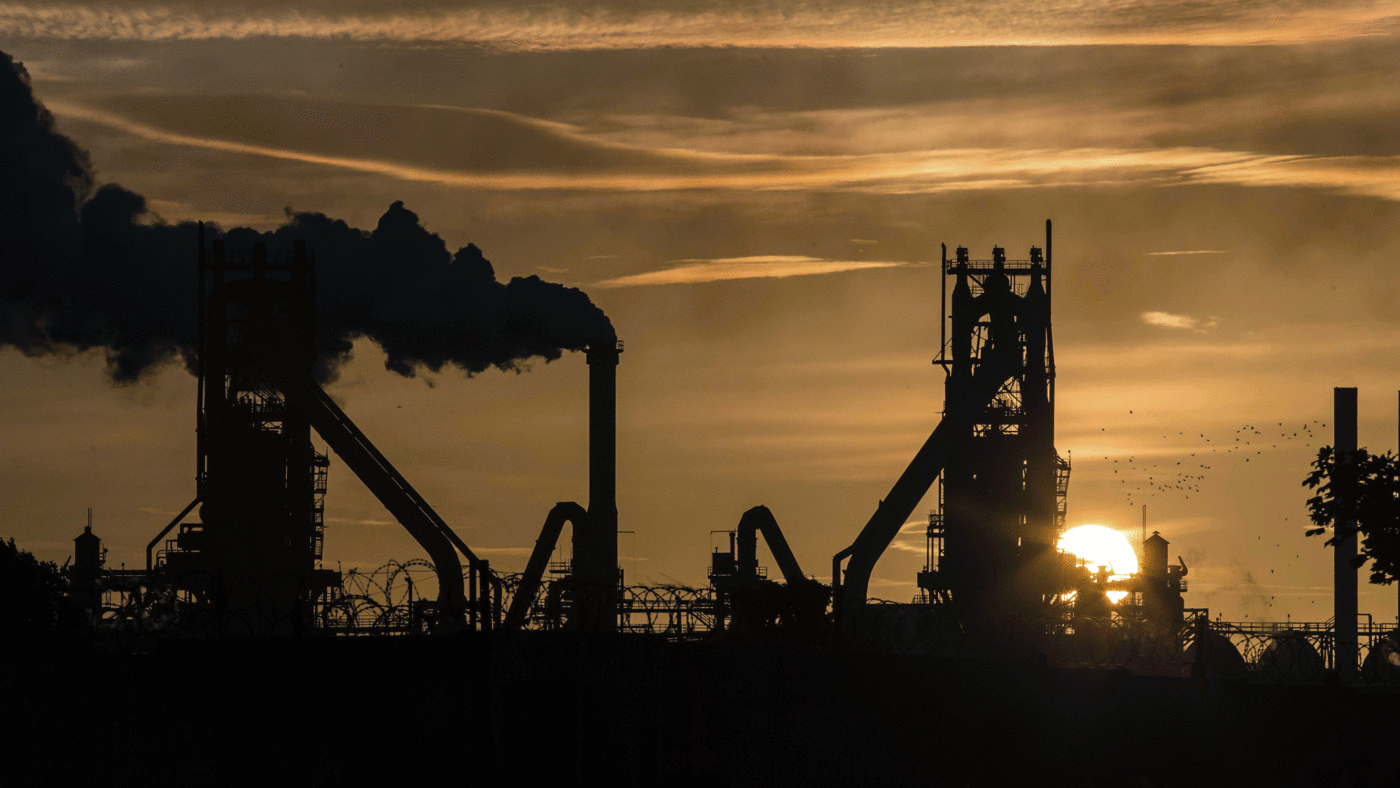There is never a good time for an energy crunch to hit – but the one we’re currently experiencing comes with particularly inauspicious timing. Just as we move deeper into autumn, families will be worrying about the extra costs of keeping warm. At the same time, workers in energy-intensive industries face an unenviable period of uncertainty.
Whatever the causes of our current energy crisis, the turbulence underlines just how much the UK needs to reduce its dependency on volatile fossil fuels.
In fairness, we have already cut an impressive amount of polluting hydrocarbons from the economy. In terms of its power sector, coal has shrunk from providing 28% of Britain’s electricity in 2010 to just 1.7% in 2020. This contraction hasn’t been filled by fossil gas – which also decreased, from 46% to less than 36% – but rather mostly solar and wind, which shot up from supplying 2.7% to 28% over the same period.
But bigger challenges loom on the horizon. Heating, for instance, needs to be decarbonised – through any or all of electric heat pumps, clean hydrogen and district heating networks. In transport, petrol and diesel vehicles must make way for battery-powered versions. Meanwhile, many industrial sites will have to be retooled with zero-emission equipment.
As clean technologies get steadily better and cheaper, more of us will adopt them simply as the natural first choice. But so pressing is the need to phase out fossil fuels, the Government needs to step up too. And while the task cannot be left to pure market forces alone, that shouldn’t mean a command-and-control approach either.
Instead, we should give an enlarged role for market-based mechanisms to tilt the incentives which businesses and consumers face when it comes to deciding how to fuel their everyday lives. That is the overarching message of ‘Pricing Pollution Properly,’ a report published today by the Centre for Policy Studies, which calls for the Government to reform and expand carbon pricing in the UK economy.
Already, carbon pricing has played an impressive role in decarbonising the UK. The collapse in coal-fired power generation cited above can be explained in large part by the adoption of the Carbon Price Support – a form of carbon tax introduced in 2013. Other proxy carbon taxes, such as the Landfill Tax, have had similarly significant results, as the chart below shows.
.
Though the existing instances of carbon pricing in the UK are welcome, they remain inefficient and inconsistent. Instead of trying to price emissions at intermediary points along the supply chain, we should look to tax emissions at their source. This would make the whole business of carbon pricing simpler, and hopefully more effective. A flat tax per tonne of emissions from, say, a barrel of oil or unit of gas would reshape the incentives around using fossil fuels – ultimately encouraging a shift towards cleaner alternatives.
Clearly, a new levy on polluters will push up prices – that is the fundamental purpose of carbon taxes – so it would have to be accompanied by compensatory measures. To that end, we also recommend that the Government rebates the revenue raised from a comprehensive carbon tax back to individuals on an equal basis – through a system of ‘carbon dividends’. As less wealthy people tend to be responsible for far fewer carbon emissions than their more affluent counterparts, this can ensure that the tax is not regressive. By having a tangible stake in the carbon tax, dividends ought to build support for it, and hopefully decarbonisation more generally.
Other measures would also go a long way to ease the introduction of a comprehensive carbon tax. The adoption of a carbon border adjustment mechanism would ensure carbon-intensive firms in Britain do not see their products undercut by cheaper imports which have not had to account for their environmental costs at home.
Opinions differ on the source of our current energy dilemmas, but if there’s one thing that has united much of the analysis which ensued, it is that decisions dodged in the past have not helped. The easy thing for ministers to do right now would be to bury their heads in the sand and hope that once the storm passes, they can conveniently ignore the root causes.
Alternatively, they could face up to the problem – and search for solutions. Carbon pricing offers an elegant, market-based mechanism to gradually but dependably transition towards a cleaner, more secure economy – it should be at the heart of Britain’s decarbonisation agenda.
Click here to subscribe to our daily briefing – the best pieces from CapX and across the web.
CapX depends on the generosity of its readers. If you value what we do, please consider making a donation.



